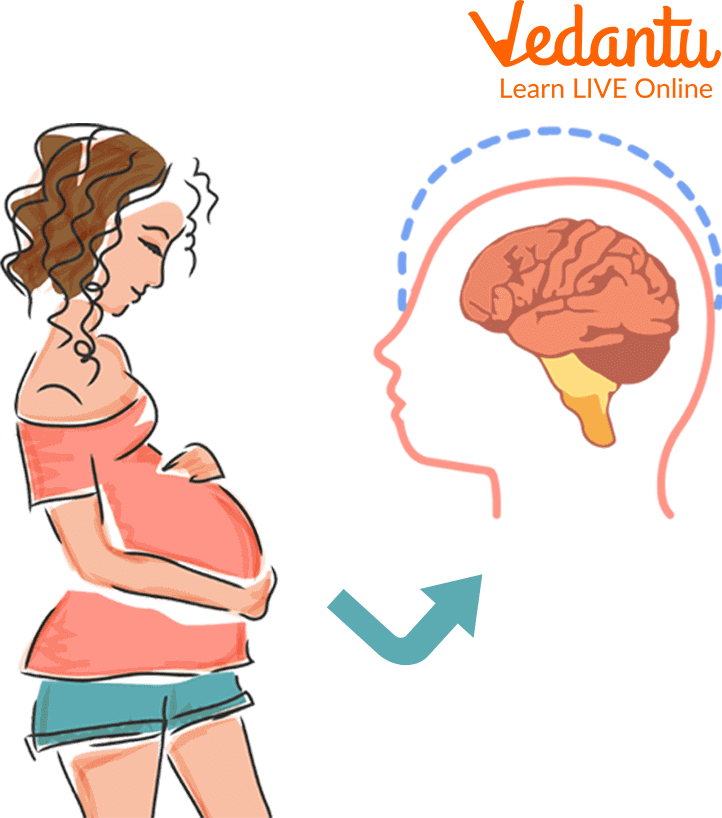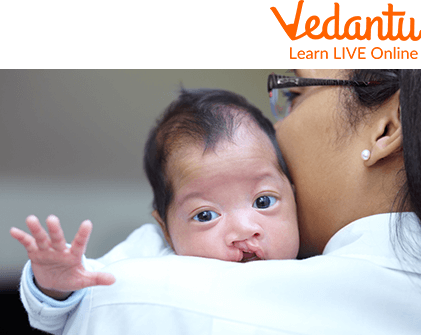




Major Factors Leading to Birth Defects in Students
How wonderful a couple feels when they hear the news that they are expecting a child. It is one of the milestones in anyone’s life. The couple takes all the precautions there are to keep the mother and the child healthy. Despite the precautions, there can be defects. The defect can be a heredity birth defect or be due to other causes like drug intake.
Everyone must have a fair knowledge of what is birth defects, what causes them, and what precautions one should take to avoid them as much as we can. Now, let’s gather more information about this.

Healthy Baby is a Happy Baby
Meaning of Birth Defects
Birth defects, medically which are also coined as “congenital anomalies” or “congenital malformation” are defined as any physical abnormality that occurs during the time of the pregnancy and before a baby is born and is present at the time of the birth as well. The most common defect in children is heredity birth defects.
Heredity birth defects are the result of a genetic mutation. These mutations will affect the appearance or functioning of a child in some way. These defects are usually due to the usage of alcohol and other drugs during pregnancy. However, there can also be many other causes, discussed in detail in the article.

Precaution is the Best Cure
Types of Birth Defects
A birth defect can be internally (inside a body), visibly (like a missing arm or a birthmark), or chemically abnormal (a defect in a chemical reaction that results in developmental delay) in a newborn baby’s body. There can be numerous birth defects.
Congenital Heart Disease (CHD): This birth defect in kids is termed an umbrella defect as it is used to represent any heart issue that directly or indirectly affects the working of other organs of the body.
Down Syndrome: The extra chromosome causes a developmental delay in the child; the eyes are slanted downwards, the muscles are quite weak, and there are birth defects in the heart and intestines.
Ventricular Septal Defect: It is popularly known as a hole in the heart and is the most common heart condition or defect.
Clubfoot: It is an abnormality found in the feet. In this, the foot is found to be turned inwardly.
Cleft Lip (a gap in the upper lip) and Cleft Palate (a hole in the roof of the mouth): Cleft lip birth defects occur when both lips are not joined entirely. Cleft palate, as a birth defect in kids, occurs when the lip cannot join in the uterus only.
Limb Defects: This is the second most common defect during birth after clubfoot. A limb defect is an abnormality in the arms or the legs. This birth defect can be found in 1 in every 1,943 births.
The above-mentioned birth defects have known to affect around 10,000 babies each year.
Causes of Birth Defects
There can be different causes and it depends on the type of birth defect. For most birth defects in kids, the causes are unknown as we all think that there could have been multiple causes.
Exposure to Harmful Substances: For example, radiation. Most pregnant women when exposed to high radiation, may increase their chance of birth defects in kids.
Exposure to Drugs: If a mother before or during the pregnancy has been taking drugs, whether, in large or even small quantities, it can directly affect the health of the child.
High Intake of Alcohol: Another reason for defects is smoking and drinking alcohol in large quantities during pregnancy.
Nutrition: An expecting mother must have a balanced and nutritious diet. Not being able to feed the unborn baby with healthy food might lead to many complexities and sometimes defects during birth.
Genetic Factors: Sometimes genetic conditions play a vital role in the health of the child. If someone in your family tree has a birth defect, your child might likely display the same disorder.
Infections: If an expecting mother had an infection like chickenpox, rubella, syphilis, etc., during pregnancy, then there is a slight chance of the baby getting infected too.
Diagnosis of Birth Defects
Certain defects can be diagnosed before birth to mentally prepare the parents and so that some measures can be taken to rectify them further. There can be different diagnoses and it depends on the type of birth defect. The types are as follows.
Prenatal ultrasounds
Genetic screenings
Newborn exam
Prenatal/Postnatal MRI
Precautions to be Taken to avoid Birth Defects
To make sure that a mother has a healthy pregnancy, the parents should follow some important points:
Avoid alcohol at any cost.
Completely quit drugs and smoking, if taken earlier.
Must at any cost visit the doctor regularly.
Should take all the vitamins and folic acid prescribed by the doctor.
Should eat a healthy diet at all times to pass on the required nutrients to the child.

A Little Love can go a Long Way
Summary
As we have learned about birth defects from the above notes, we can say that this topic is quite an emotional and sensitive one. Not being able to know the reasons for birth defects may be frustrating not only for the parents but for doctors as well. It can be believed that the well-being of a child has a direct correlation with that of the defects during birth and which part or organ of the body is it affecting and how badly will it be affected.
We hope this research on causes of birth defects pdf has given you a better understanding.
FAQs on Causes of Birth Defects Explained
1. How difficult is it to live with a birth defect?
Even though it might be devastating for a parent to learn about any kind of birth defect in their child, they need to be told that everything will be ok. Babies with defects need special care and lots of love and over the years can be as independent as anyone. Early intervention can go a long way.
2. What help can a genetic counsellor provide?
A genetic counsellor will be able to talk to parents about the defects and genetic condition of their child. They provide special training to the families to learn more about the conditions and how to go about them.
3. Which is the most common birth defect?
The most common birth defects include Downs Syndrome (Autism), malfunctioning of the heart, and some neural defects.









